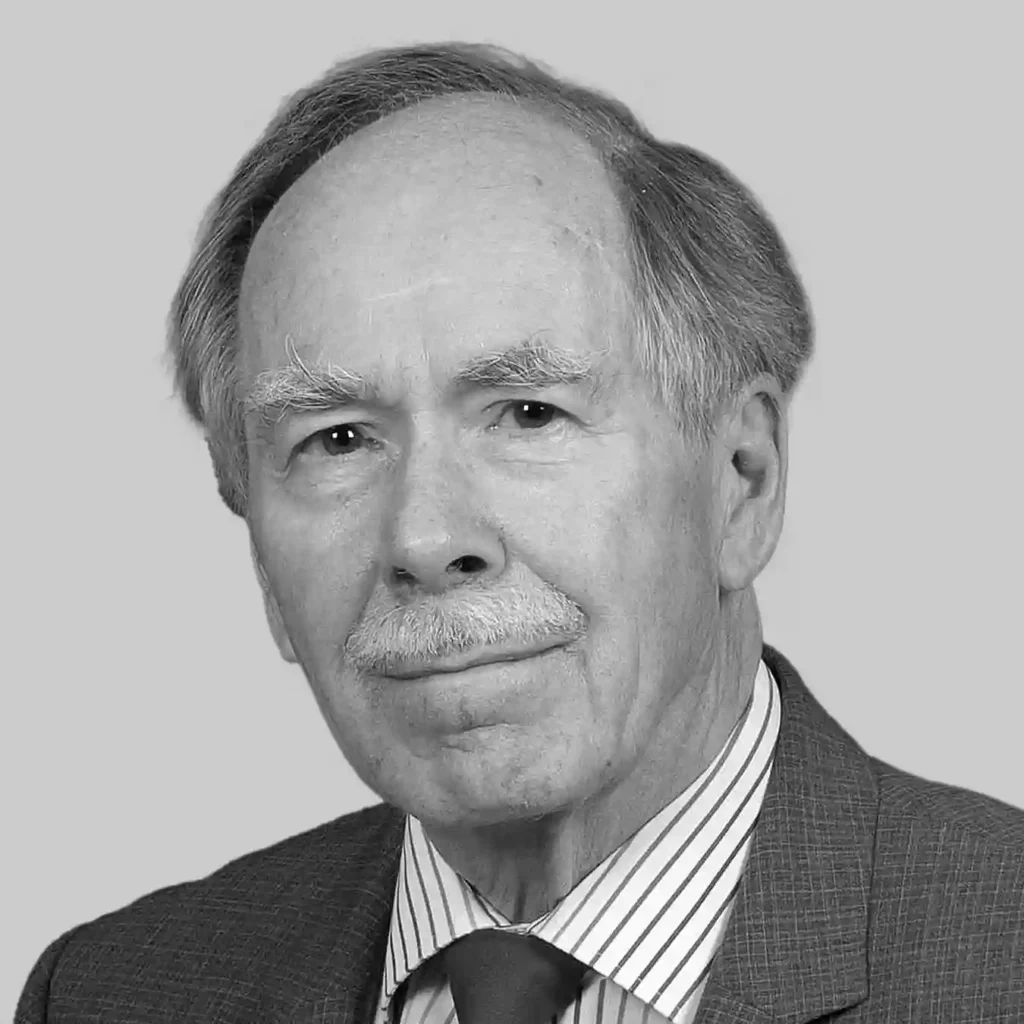
Gerard ‘t Hooft
📌 Introduction
In a bold departure from mainstream physics, Nobel Laureate Gerard ’t Hooft has publicly questioned the foundations of quantum mechanics—one of the most successful theories in science. Known for his groundbreaking work on gauge theory and quantum field theory, ’t Hooft now believes the theory that underpins modern physics is “on the wrong track.”
🧾 “Quantum mechanics is not wrong, but it’s incomplete. It’s on the wrong track in terms of fundamental understanding,” ’t Hooft told Physics Today in a recent interview.
🔬 The Problem With Quantum Mechanics
Quantum mechanics has long been revered for accurately predicting particle behavior at atomic and subatomic levels. However, it also introduces puzzling concepts like wave-particle duality, superposition, and entanglement, which challenge classical logic.
’t Hooft argues that these bizarre behaviors don’t reflect a fundamental randomness in nature but instead mask a deeper deterministic layer of reality.
🧾 “I believe that underneath quantum mechanics, there lies a deterministic theory. The randomness we observe is due to our ignorance of these deeper rules,” he explains in his book The Cellular Automaton Interpretation of Quantum Mechanics.
⚙️ His Theory: Cellular Automaton
Gerard ’t Hooft proposes an alternative framework: the Cellular Automaton Interpretation, where the universe behaves like a computational system, operating on set rules—like a giant machine.
This model suggests:
- The universe is deterministic, not random.
- Quantum weirdness emerges from limitations in how we observe or interpret these underlying rules.
- The Heisenberg Uncertainty Principle is a byproduct of measurement limits—not nature’s laws.
🧾 “There is no uncertainty in the real world. The uncertainty is in our models,” ’t Hooft emphasizes.
💥 Why This Matters
If ’t Hooft is right, quantum physics may be due for a paradigm shift. Such a shift could:
- Revolutionize how we build quantum computers.
- Change the interpretation of time, space, and matter.
- Force a rethink of quantum cryptography and communication.
His views are controversial, but they resonate with others who believe that physics is ripe for a post-quantum breakthrough.
🔍 What Other Physicists Say
Not all physicists agree. Many believe quantum mechanics has stood the test of time and experimental rigor. However, ’t Hooft’s stature as a Nobel laureate gives weight to his claims.
“It’s important to listen when a mind like ’t Hooft’s raises questions,” says a fellow physicist at CERN.
📚 Final Thoughts
Gerard ’t Hooft may be going against the grain, but history shows that big breakthroughs often come from bold ideas. Whether or not his deterministic vision replaces quantum theory, it certainly revives the age-old debate: Is reality truly random—or just misunderstood?
✅ Call to Action
Curious about more mind-bending science takes?
👉 Check out our deep dive on What If Einstein Was Wrong About Relativity?
👉 Read about Recession-Proof Investing Strategies to future-proof your finances.
📩 Subscribe to our newsletter for the latest science and tech explained in plain English.

